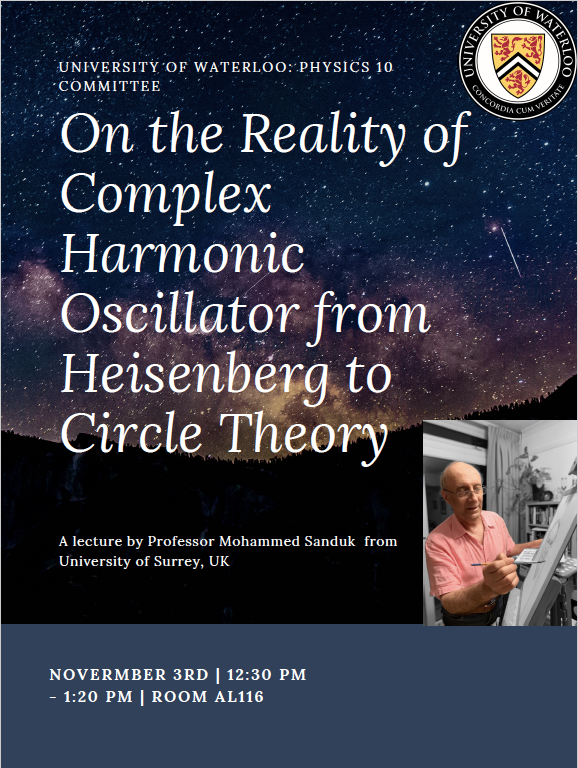Wednesday, November 3, 2021 12:30 pm
-
1:20 pm
EDT (GMT -04:00)

Dr. Mohammed Sanduk
Professor
University of Surrey
In 2008, Dr. Sanduk joined the University of Surrey, Centre for Osmosis Research and Applications (CORA) as a visiting staff. During this period, he was interested in physical aqueous ion separation, magneto-electrochemistry, and renewable energy. In 2010, he joined the Renewable Energy System Engineering programme (MSc) of Process and Information Systems Engineering (PISE). He is the coordinator and lecturer of renewable energy technology modules and supervisor of postgraduate studies. In 2015, he contributed in Transitions to Low Carbon Energy Economy programme of the Centre for Environmental Strategy (CES).
All are welcome to attend!